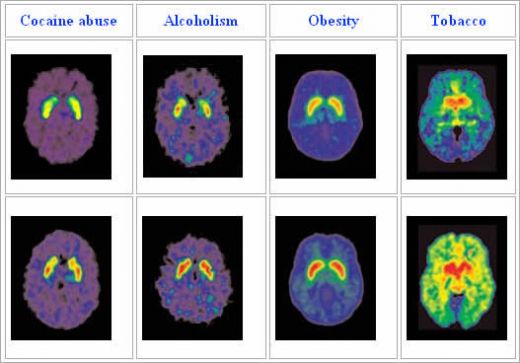-
Warsi on ‘militant secularism’.
Here are my initial thoughts on Baroness Warsi’s recent outburst on the subject of ‘militant secularism’. There are two. The first relates to her reference to ‘totalitarian’ regimes. Can anyone out there tell me what ‘totalitarianism’ is? Does the term refer to a distinct category of regime, or is it simply a fancy new name
-
Back from the grave: Should we allow Elective Ventilation?
Mary is 62 years old. She is brought to hospital after she collapsed suddenly at home. Her neighbour found her unconscious, and called the ambulance. When they arrived she was deeply unconscious and at risk of choking on her own secretions. They put a breathing tube in her airway, and transported her urgently to hospital.
-
H5N1: Why Open the Stable Door?
Professor Paul Keim, who chairs the US National Science Advisory Board for Biosecurity, recently recommended the censoring of research that described the mutations which led to the transformation of the H5N1 bird-flu virus into a form that can be transmitted between humans through droplets in breath (in ferrets, the number of mutations required is frighteningly
-
Sergei Lavrov’s Deontology
In Syria, Assad has sought to silence protests against his dictatorial regime using violence. Refusing to be cowed, the protests have resisted. The regime has since escalated the violence. As I write, the Syrian army continues to use massive force against a mainly civilian population. There is little doubt that serious crimes are being committed.
-
Reflexiones sobre el caso Contador
Dick Pound afirma, en su autobiografía titulada Inside Dope que repasa los años que pasó luchando contra el dopaje al frente del Comité Olímpico Internacional (COI) y de la Agencia Mundial Antidopaje (AMA), que un periodista de L’Equipe solía referirse a él como “el sheriff del salvaje oeste”, porque se concibe como el chico bueno
-
Reflections on Contador’s case
Dick Pound says in his autobiography Inside Dope, that a L’Equipe journalist used to call him the “sheriff from the Wild West”. The reason for this nickname is that Dick Pound thought of himself as the good guy who was in charge of catching the bad guys: the athletes who used enhancing-performance substances. Dick
-

Is Drug Addiction a Lifestyle Choice?
According to BBC News this week, the brains of some people “may be wired for addiction.” A study has come out in the journal Science that presents evidence of abnormal brain structures that were found in drug addicts and their non-addicted siblings. The lead researcher, Dr Karen Ersche, was quoted by the BBC as saying
-
Oxford, Warsaw and Mock Tudor
Try this thought experiment. Imagine three cities. A medieval city (something like Oxford). A city heavily bombed in World War II and completely rebuilt, with original materials etc. (e.g. the centre of Warsaw). A city constructed in 2012 to look just like the medieval city (e.g. .Poundbury the ‘traditional’ village Prince Charles has created in
-
Contador’s Ban: The Death of Cycling?
Over 18 months after the race, Contador has been stripped of his 2010 Tour de France title, and banned for 2 years by the Court of Arbitration for Sport, making Andy Schleck the winner of the 2010 race. The ban is punishment for the traces of clenbuterol, an anabolic steroid were found in his blood.
-
‘No right not to be offended’?: Part Two
Thanks to everyone who commented on my earlier post, the one in which I cast doubt on the popular claim that ‘nobody has a right not to be offended’. Here – at last – are my responses to the various comments people have made. Should an apology be needed, could I apologise for having taken
